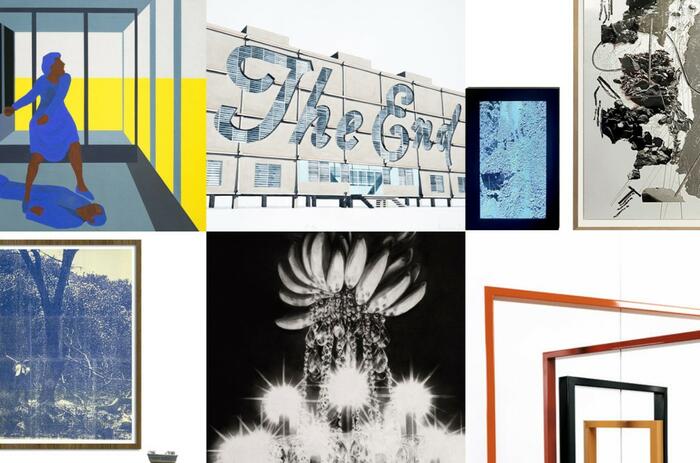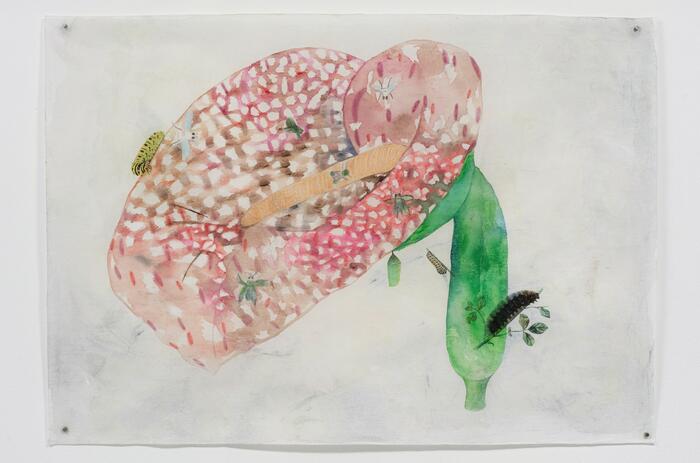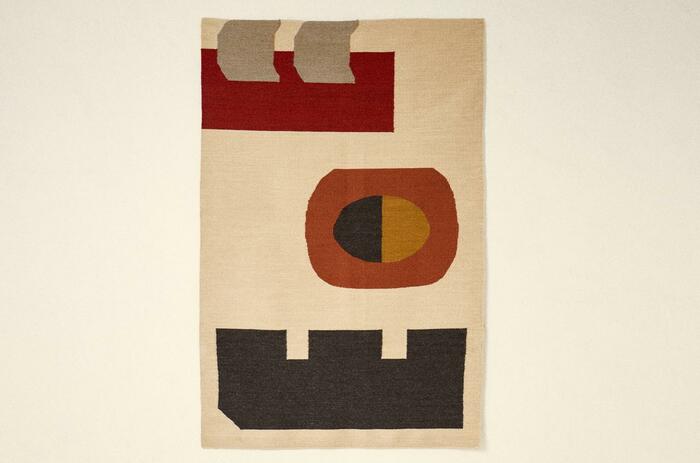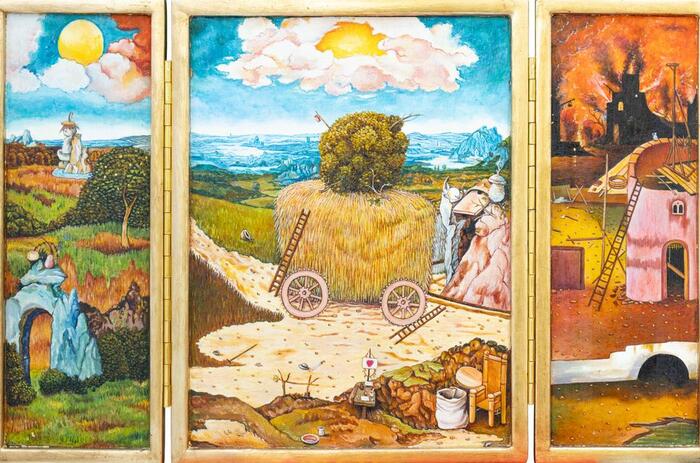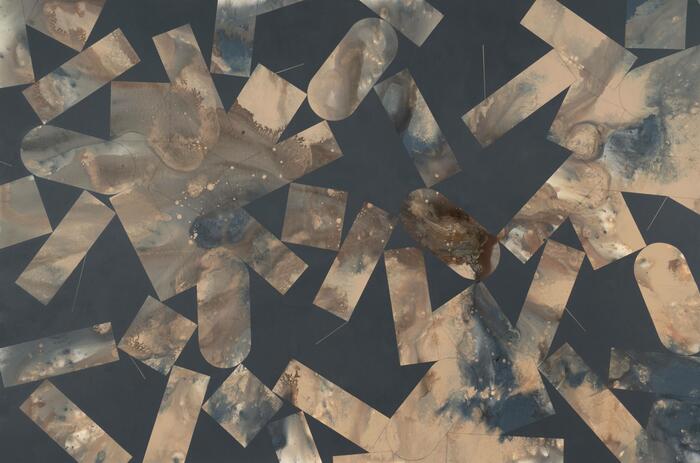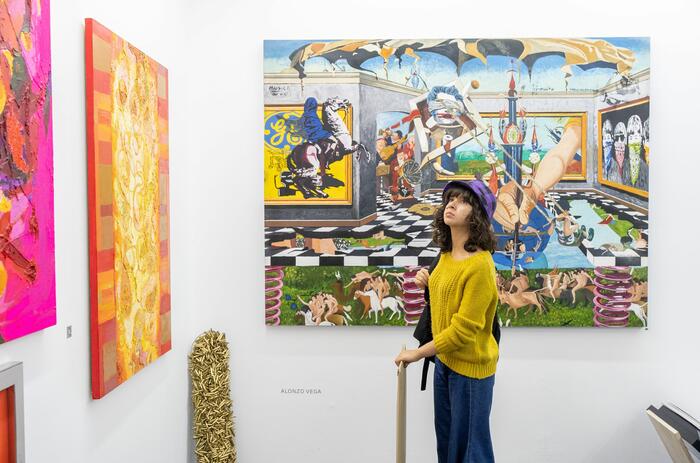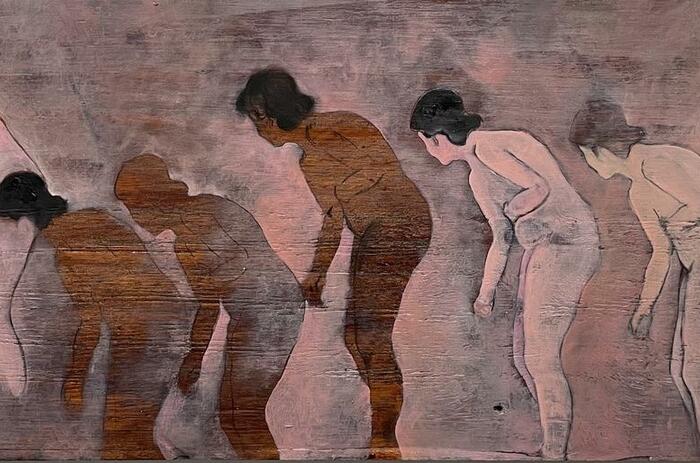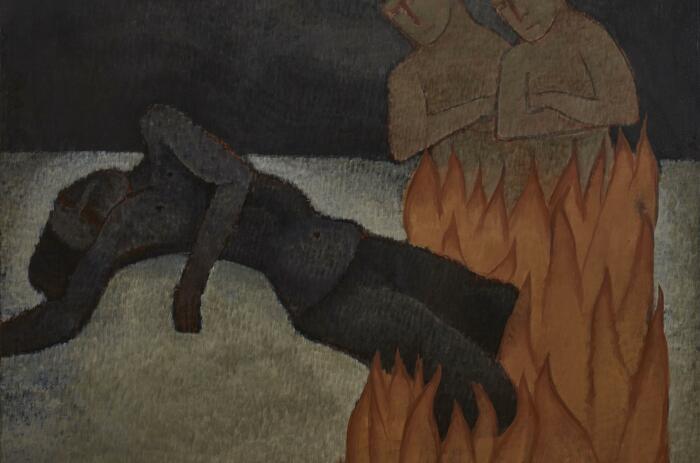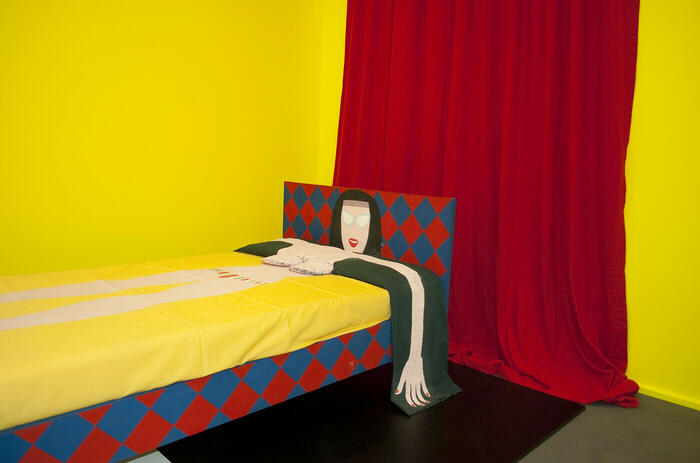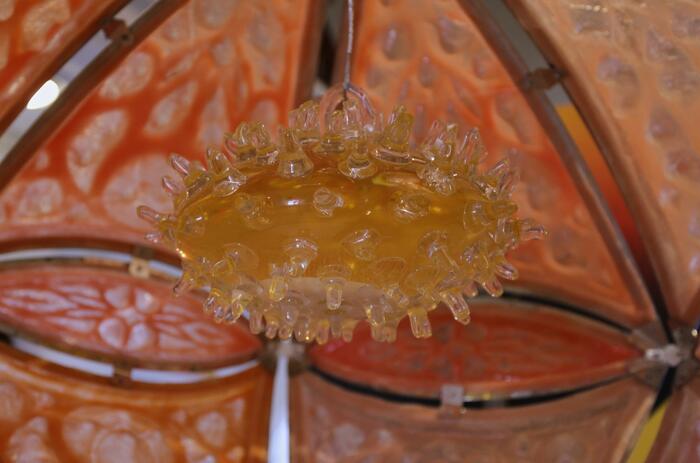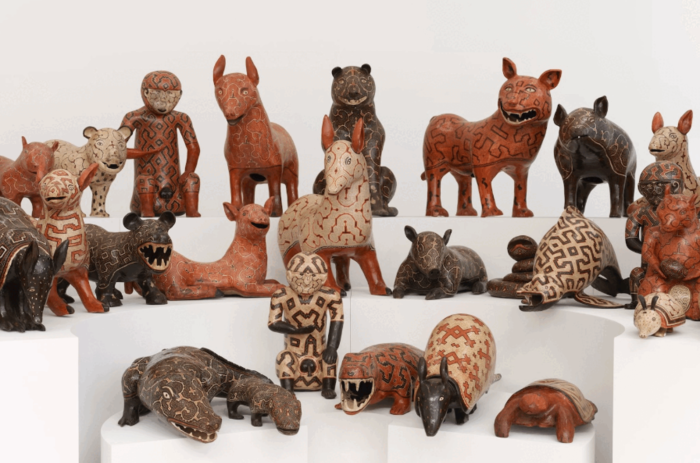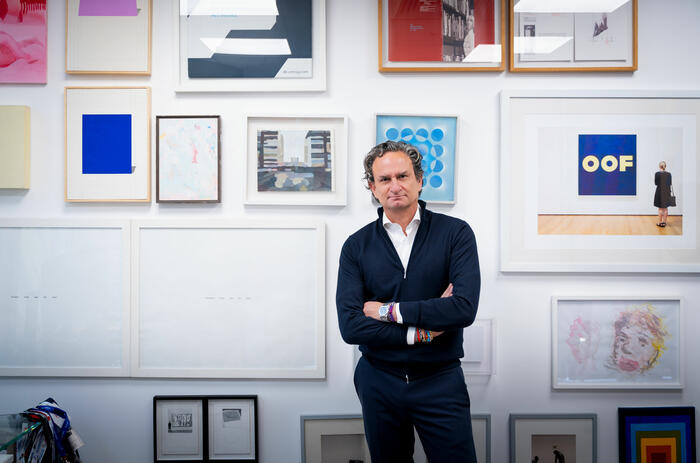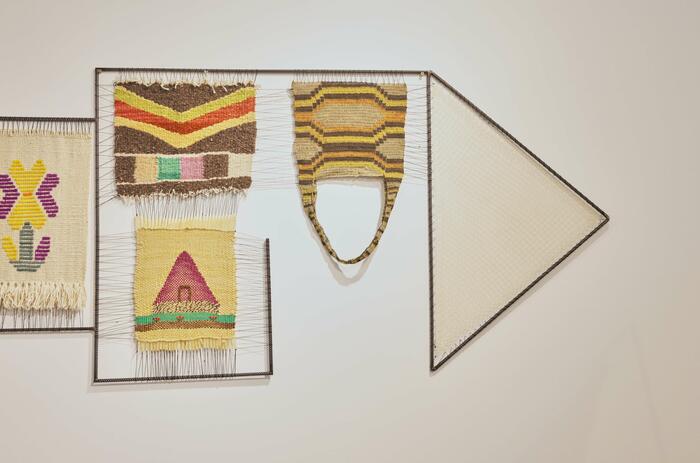FORO PINTA LIMA 2025: REFLECTIONS ABOUT THE MARKET OF A REGION
The sustained rise of Peruvian artists in the contemporary art circuit abroad, the incipient professionalization of the gallery circuit and an expanding local collecting are symptoms of an ecosystem that, although still young, is consolidating. In this context, Pinta Lima inaugurates its 2025 edition as a platform that makes the country's artistic production visible and presents its circuit of Collection Talks within the framework of the FORO conversation.

The 2025 edition of Pinta Lima brings together more than 35 galleries from different countries, betting on a program that combines curatorial innovation, critical thinking and tributes to Peruvian art figures. This bet reinforces the curatorial value of the fair -directed by Irene Gelfman and with the participation of great figures such as Emiliano Valdés, Giuliana Vidarte, Florencia Portocarrero, Miguel A. López and Pablo León de la Barra- and positions it as a gateway for new collectors, both local and international.
In addition, the FORO section -coordinated by Giuliana Vidarte- is presented as a key meeting point for reflection on the dynamics, challenges and opportunities of Latin America's contemporary art ecosystem. The space proposes to question and renew conversations on art, curatorship, collecting and cultural circulation.
Over the course of three days, central figures of international and regional contemporary art -curators, museum directors, collectors, artists and cultural managers- will gather to discuss the present and future of Latin American art in relation to its institutional structures, its insertion in the global market and its transforming power.
Rethinking Collectionism
One of the highlights of the program will be the series of Collection Talks, an invitation to think about collectionism not only as a practice of acquisition, but also as a tool for cultural construction. With two sessions dedicated to institutional and private collections, the series will feature speakers such as Manuel Segade (Museo Reina Sofía), Sharon Lerner (Museo de Arte de Lima) and Catherine Petitgas, renowned collector and art historian based in London. The moderator will be curator Pablo León de la Barra (Guggenheim Museum), who proposes to look at collecting as an act of cultural responsibility.
In addition, the book Inversion or Pasion. A guide to navigate the art market by María Sancho-Arroyo, a key figure in the understanding of the international art market with more than 30 years of experience in institutions such as Sotheby's and the Louvre, and collaborator in the Market section of Arte al Día, will be presented. Her perspective will provide tools to understand the present of art as a symbolic and economic good, and the new modes of circulation and valorization.
Thinking the artistic practice from the inside
The FORO section will also include two spaces for conversation with artists participating in the NEXT, RADAR and Special Project sections, which will allow visitors to hear firsthand the motivations, materials, concerns and strategies behind contemporary creation in Latin America. Moderated by Emiliano Valdés, Florencia Portocarrero and Giuliana Vidarte herself, these meetings with artists like Celeste Valero, Ivet Salazar, Gabriela Flores del Pozo or Luis Enrique Zela-Koort, among others, will bring to the forefront the voice of those who make and think art from the margins, territories and affections.
Market, institutions and shared horizons
Another highlight will be the roundtable entitled “The global contemporary art market in 2025: challenges and opportunities”, with the participation of Livia Benavides (80M2), Alejandra Monteverde (CRISIS GALERÍA) and María Sancho-Arroyo. In a context marked by economic uncertainty, technological development and the redefinition of audiences, this talk will address the tensions and transformations that the art market is going through, from a regional perspective with a global projection.
In tune with this, the discussion “The public responsibility of private collecting” will problematize the limits between the personal and the institutional, opening questions on the social function of collecting and its capacity to activate memories, narratives and collective heritages.
Archive, film and memory: Rafael Hastings
To close, the editorial and audiovisual project El incondicionado desocultamiento. The Rafael Hastings Film Project, an initiative that recovers the film work of Peruvian artist Rafael Hastings, will be presented. The talk, accompanied by the screening of We Are Not a Family (1973), will be an opportunity to reevaluate the crossover between experimental art, archive and family memory, at a table that will feature voices such as José Carlos Mariátegui, Yvonne von Mollendorff and Manongo Mujica.

